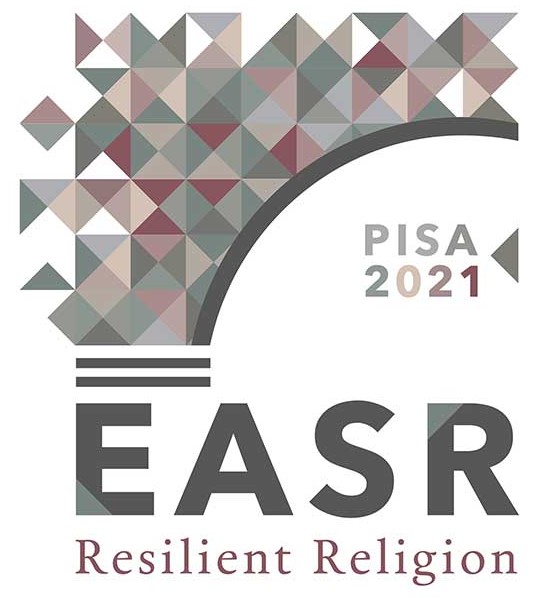The Voices from the Outskirts: Discourses on Religion and Resilience in Modern Contexts
In this session, we intend to explore the various strategies and forms of resilience produced by selected religious/ethnic minorities or individuals who find themselves in challenging situations or under pressure from the majority. As a resilience in this context, we understand a broad scope of strategies that are employed to establish or re-establish and represent one’s or group identity in an unfavourable condition. What kind of strategies do people employ to formulate, protect and present themselves? What role does religion play in this process, and how it functions as a mean of mobilisation?
To find answers to these questions, we adopt the methods of qualitative research and discourse analysis of various material – textual, visual, music and oral. The papers are arranged in two following sessions:
- In the first session, we will explore the strategies of self-presentation, legitimisation and resistance strategies of minority communities towards the majority through public displays and performances. First of the three papers in this session (“We are the land, and the land is us”. Native People of the State of Washington: Identity, Spirituality, and Environmentalism, Jakub Havlíček) focuses on the ways how selected Native American tribes present themselves in various museums and centres. The paper will demonstrate how indigenous spirituality and religion is represented in a close connection with issues of environmental protection.
- The second paper (Display Cabinet of The Exile: a discursive analysis of the Tibetan Museum in Dharamshala, Martin Špirk) will focus on the self-presentation of Tibetan culture in Indian exile by the Central Tibetan Administration in Tibetan Museum in Dharamsala. Presentation of Tibetan culture, history, and religion reflects the political rhetorics of CTA struggling for free Tibet.
- The third contribution (Resistance through Music: Ambedkarite Buddhism as a Counterculture against Nationalist Discourse in India, Tereza Menšíková) focuses on the mobilisation strategies of Ambedkarite Buddhists in India who strive against the domination of nationalist discourse through musical performances.
- In the second session of our panel, we will focus on the role of language in the process of identity-building and resilience of people whose life was disturbed either by physical relocation, or psychic disorders. The session is focused mainly on the function of language in connection to religion and spirituality in the process of social integration, homemaking and gaining control over one’s life.
- The first paper (International Catholic Community, Friendship, and Homemaking among Expatriates in Brno, Milan Fujda – Michaela Ondrašinová – Miroslav Vrzal) in this session presents the results of qualitative research of expatriate community in the Czech Republic and the specific role of the Catholic community in the process of homemaking.
- The second paper “It is not about what they say, but how they say it!” Language use within one expatriate sports club, Michaela Žáková) in this session deals with using a language within a multicultural environment of a sports club.
- The third paper (From pathological symptoms to meaningful life experiences, Matej Paulík) focuses on the role of religion and alternative spiritualities in the process of understanding one’s state of psychic health.
Jana Valtrová: jvaltrova@phil.muni.cz
Milan Fujda: milky@mail.muni.cz
